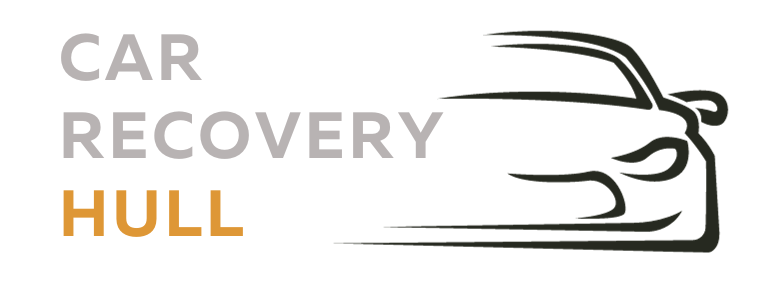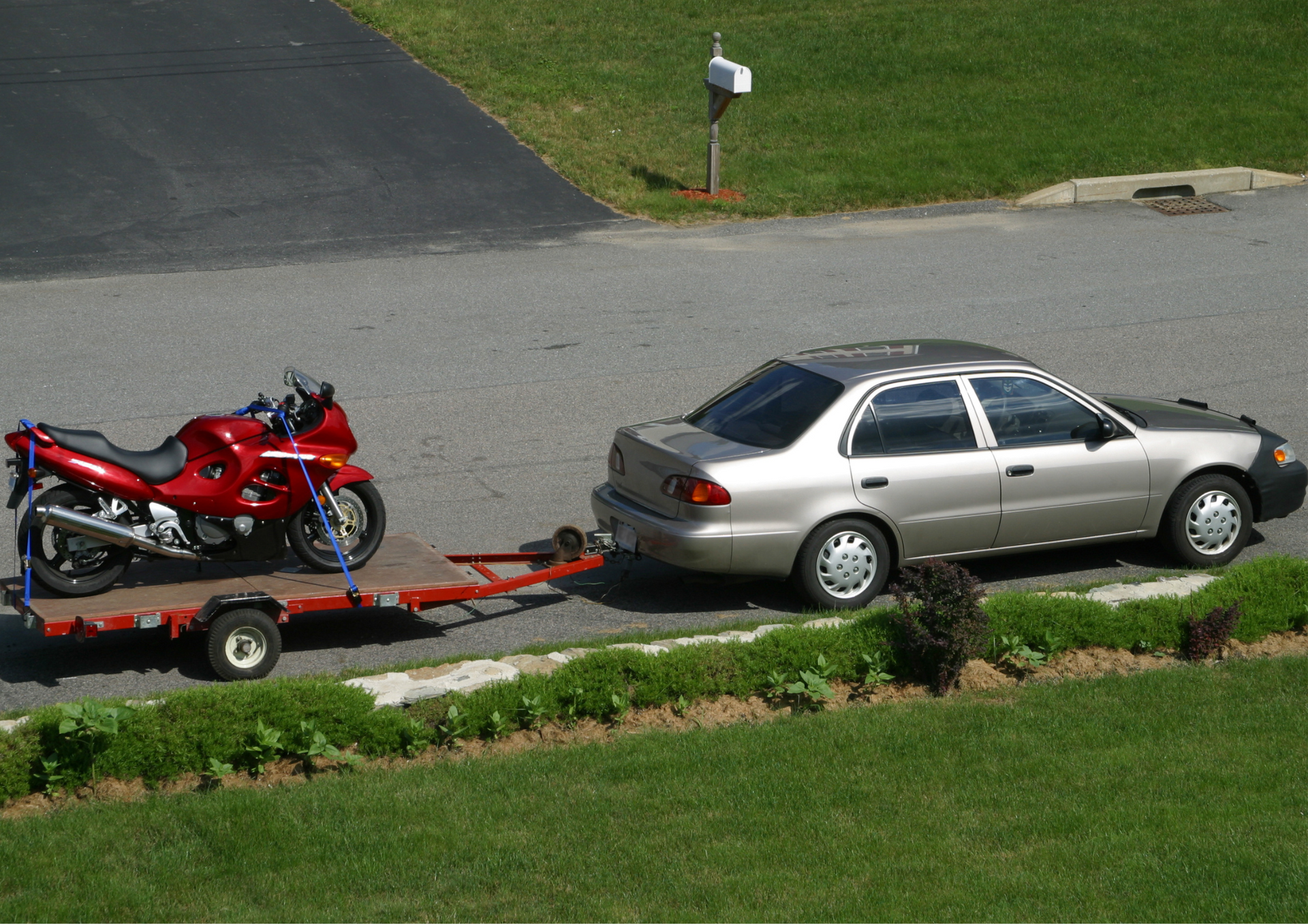Car Breakdown on Rainy Days: 4 Roadside Assistance Safety Tips
When your vehicle breaks down in the rain, the situation becomes even more stressful and potentially dangerous. Wet conditions reduce visibility, affect stopping distances, and make waiting for help much less comfortable. That’s why it’s essential to know how to stay safe and handle the situation correctly while you wait for car recovery services.
4 key tips to stay safe and prepared during a rainy-day breakdown.
1. Prioritise Your Safety First
When your vehicle starts having issues in the rain, your priority should be safety. If the vehicle is mobile, move it as far off the road as possible — ideally onto a hard shoulder or a safe lay-by. Turn on your hazard lights to warn other drivers and stay inside the vehicle if it’s safe to do so. Visibility drops dramatically during heavy rain, so use a high-vis jacket if you need to step out. If you’ve searched online for car recovery near me, make sure to give your precise location and describe the weather conditions clearly so the provider can prepare accordingly.
2. Use Hazard Lights and a Warning Triangle Correctly
Your hazard lights are your first line of defence to alert other motorists, especially in poor visibility. Turn them on immediately if you're stationary. If it's safe and legal to do so, place a warning triangle at least 45 metres behind your vehicle — but never on a motorway. Using these simple tools properly makes a big difference in preventing further incidents while you wait for breakdown recovery assistance to arrive. Always approach the placement of warning signs with extreme caution, particularly on wet or busy roads.
3. Stay Inside the Vehicle When It’s Safe
It might seem safer to get out and wait by the roadside, but in rainy conditions, that can put you at greater risk — especially if visibility is low and traffic is moving quickly. If you're not on a motorway, the best option is often to remain inside the vehicle with your seatbelt on, doors locked, and phone close by. If you've already called a car recovery service, keep your phone line clear and be ready to give updated information if needed. Also, keep an eye on any changes in your surroundings or weather conditions while you wait.
4. Know Who to Call and Be Ready
Rainy conditions are the worst time to start searching for help. Save the number of a reliable recovery provider in your phone, and keep essentials in your vehicle — such as a waterproof jacket, torch, reflective triangles, and a power bank for your mobile. Knowing who to call makes things far less stressful. Whether it’s breakdown & recovery or a tow to the nearest garage, being prepared reduces delays and keeps you safer in uncomfortable situations.
Other Considerations During Rainy Breakdowns
Rain doesn’t just make the road slippery — it can also obscure your vehicle from sight. Be extra mindful of fast-moving traffic, and avoid trying to inspect your vehicle or fix anything in wet conditions. Instead, wait safely and let a professional handle it. If your vehicle needs to be moved off the road entirely, a car towing service can handle this without risk to you or your vehicle.
How a Professional Service Helps
Calling a professional recovery service means more than just getting your car towed. A reliable team will respond quickly, come equipped for wet conditions, and get you and your vehicle to safety without unnecessary risks. So next time you're thinking, “Who can tow my car in the rain?”, make sure you’re choosing an experienced provider with the right equipment.
What to Do After a Road Incident in the Rain
Experiencing a breakdown or accident in wet weather can be stressful, but keeping calm and knowing what to do next is key. Once you and your vehicle are safe:
- Stay where you are unless it’s unsafe — moving around in heavy rain can put you at greater risk.
- Avoid inspecting the vehicle in poor visibility or slippery conditions.
- Wait for professional help, such as an accident recovery service trained to deal with incidents in adverse weather.
- Follow any advice given by your recovery provider or emergency car recovery services over the phone.
Importance of the Right Equipment
In poor weather, using the right tools is crucial. A modern recovery truck is equipped to handle slippery roads, low visibility, and all types of vehicles — from cars to vans and even larger vehicles like minibuses. Attempting to recover your vehicle yourself, especially in the rain, can be dangerous and may cause further damage.
Rainy weather adds a layer of complexity to any roadside incident. By prioritising your safety, using warning signals correctly, staying inside when possible, and being prepared with a
vehicle recovery contact, you’ll reduce risks significantly. A trusted
car recovery service ensures your vehicle is handled professionally and that you're not left stranded in uncomfortable or unsafe conditions.
At
Car Recovery Hull, we understand that breakdowns are never convenient — especially during poor weather. Our professional team is committed to providing fast, reliable, and reassuring assistance when you need it most. Whether you drive a car, van, bus, or any other vehicle, we’ve got the equipment and experience to get you and your vehicle to safety quickly and securely. Trust us for a service that puts your safety first and always shows up when it matters.
Want more tips on handling car troubles in bad weather? Have a look at our latest post on X for quick safety
car recovery advice during rainy day breakdowns.



